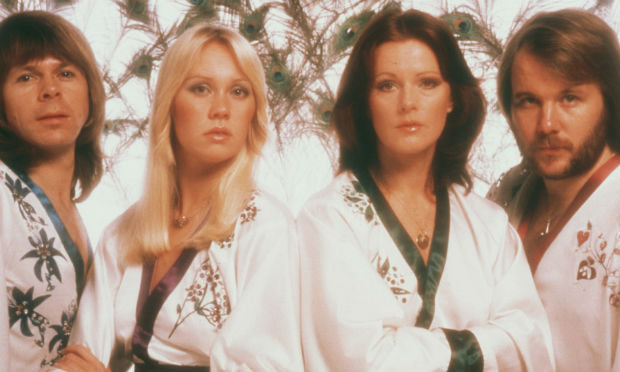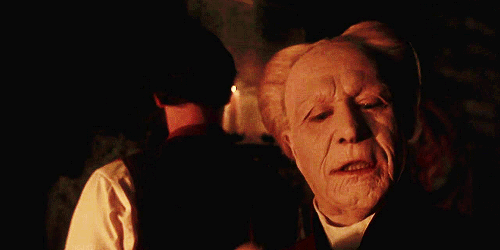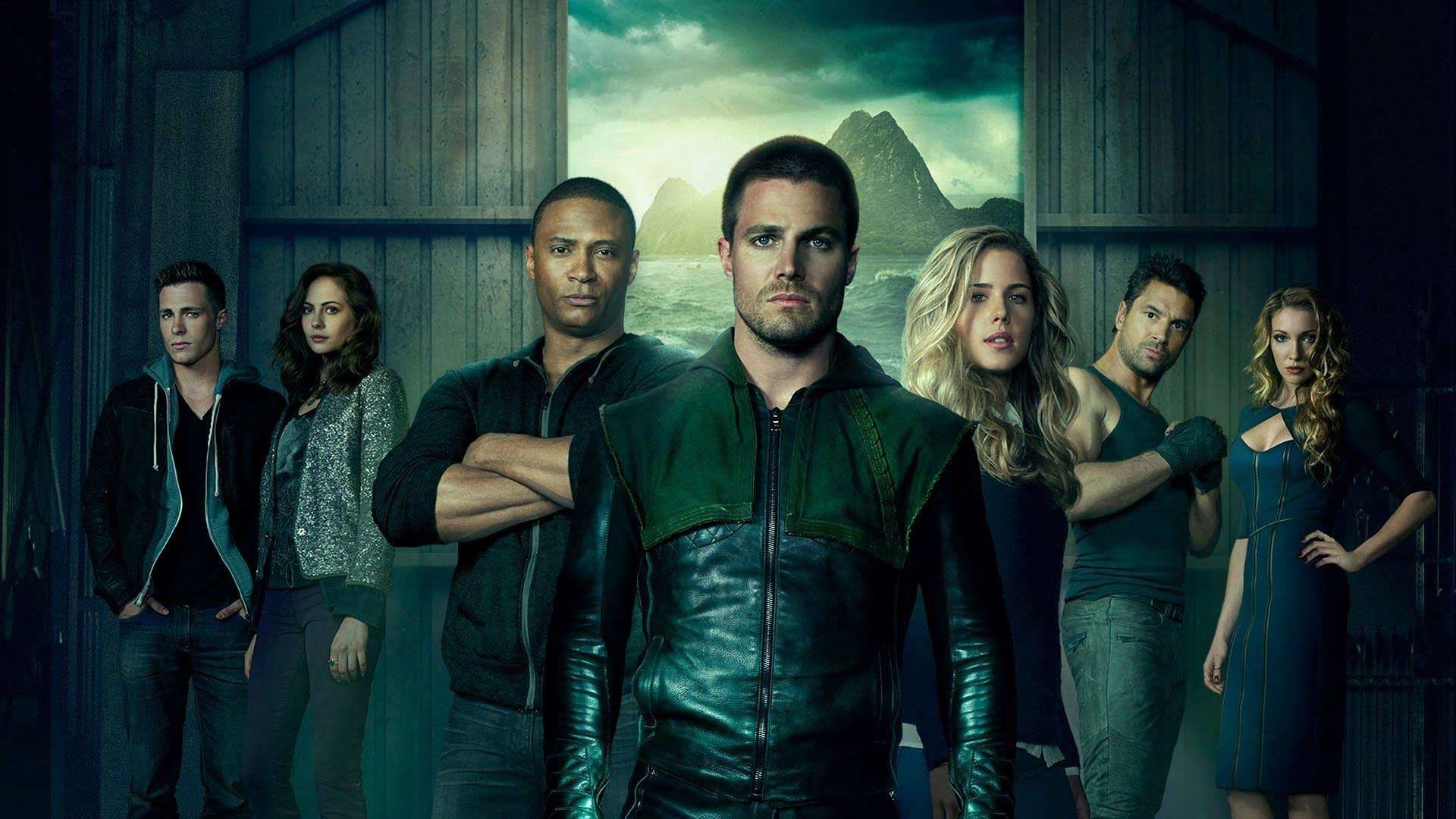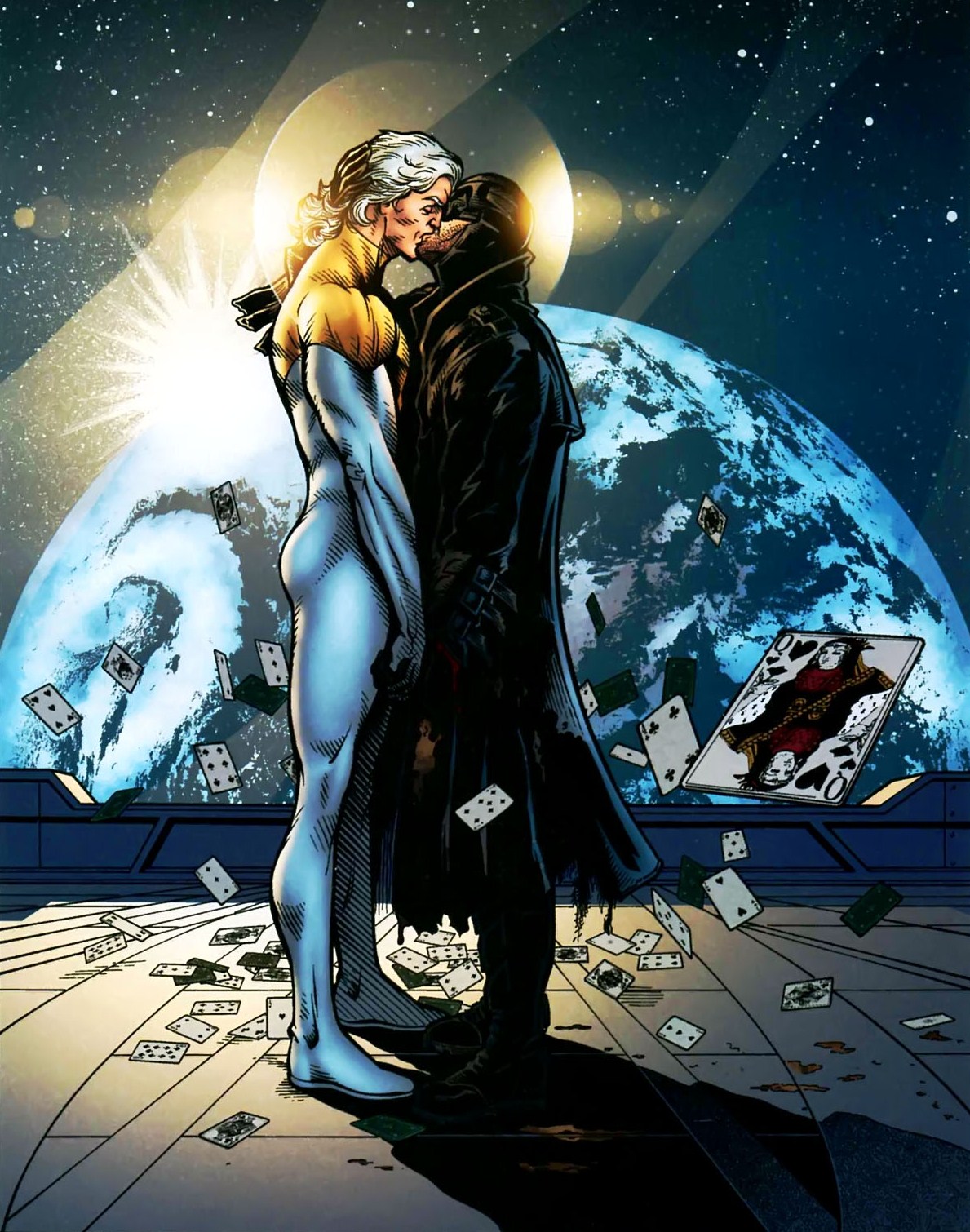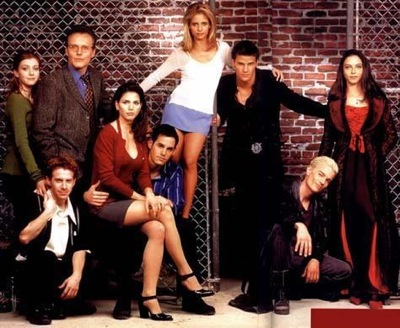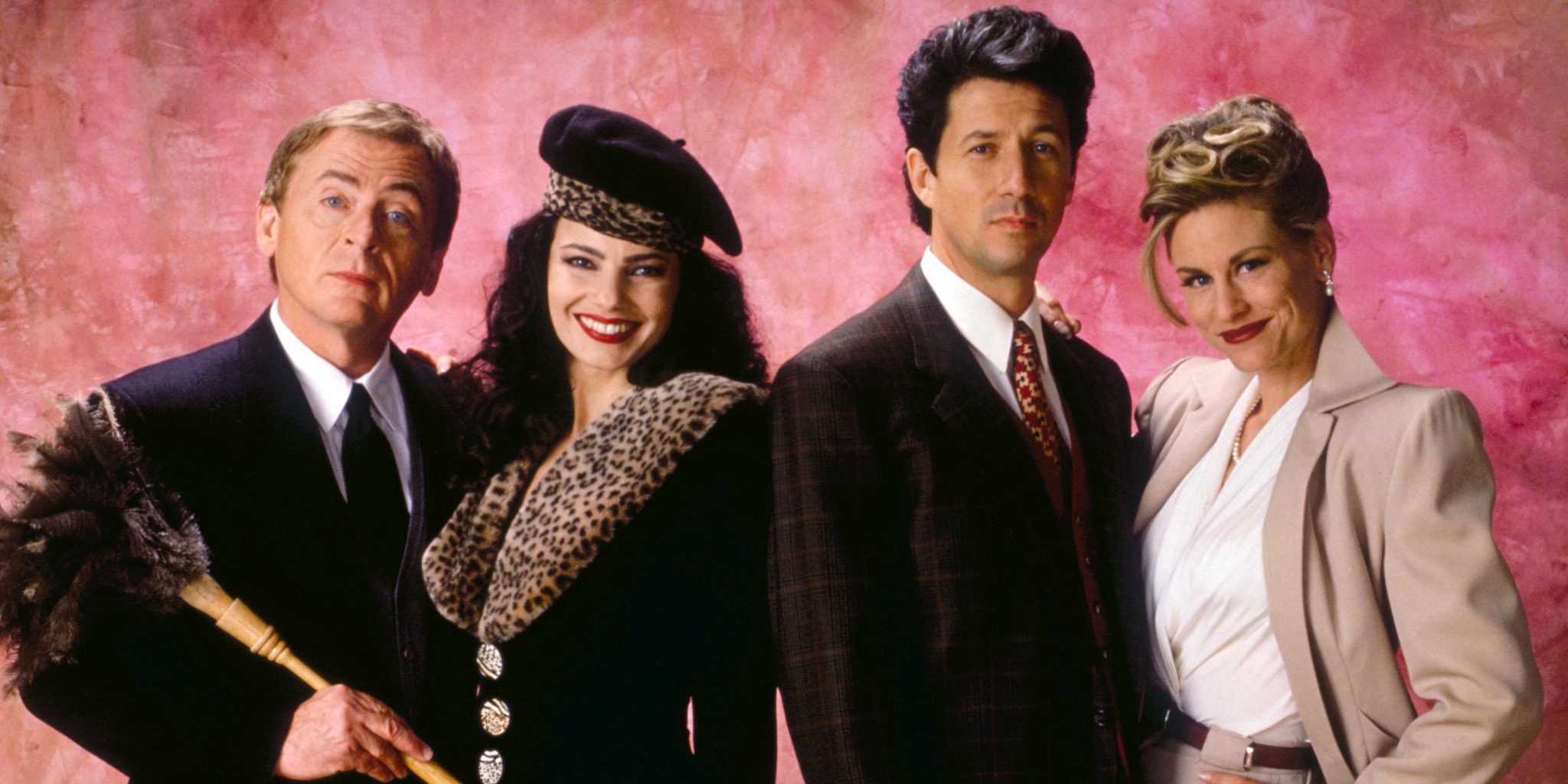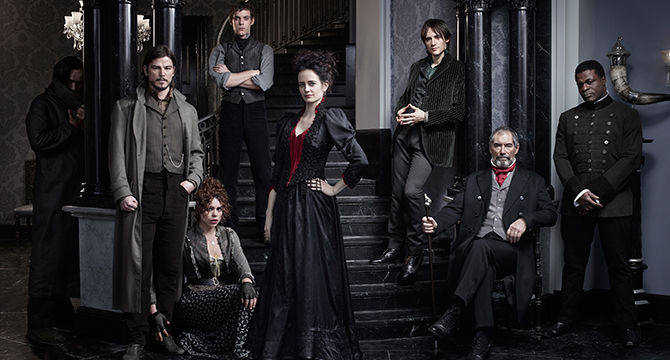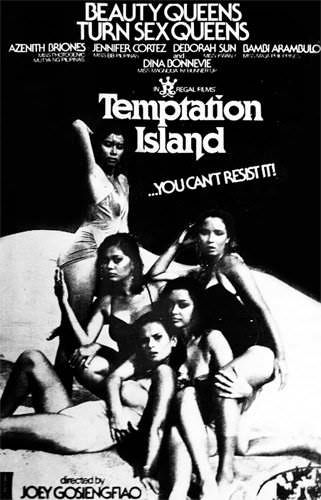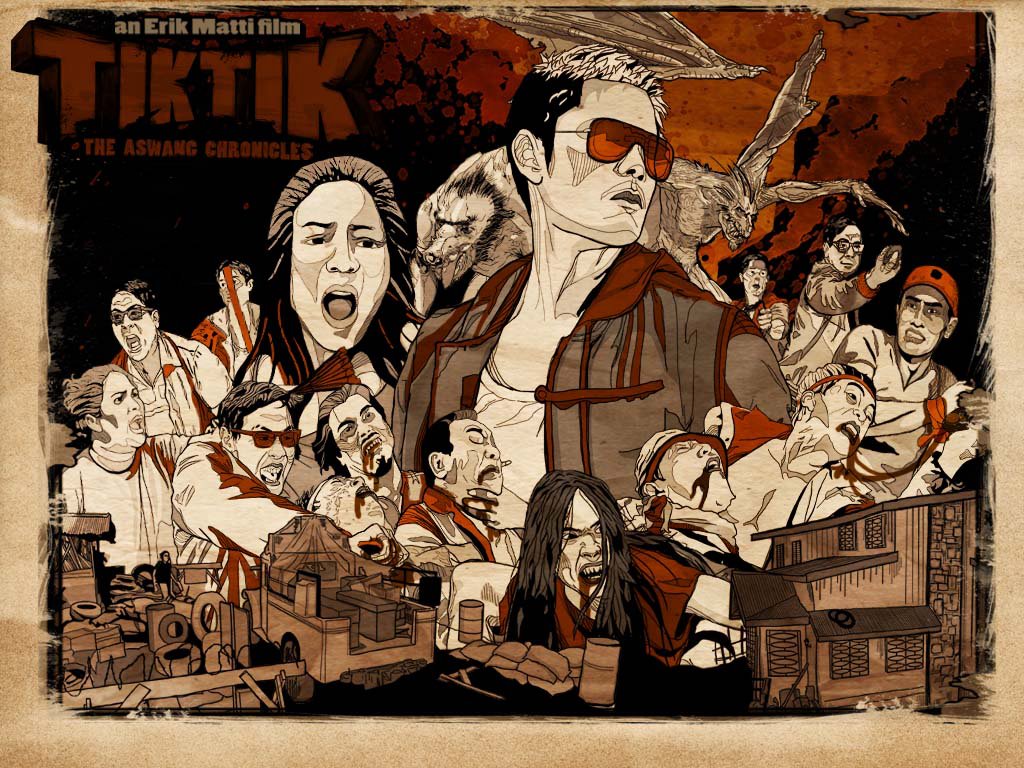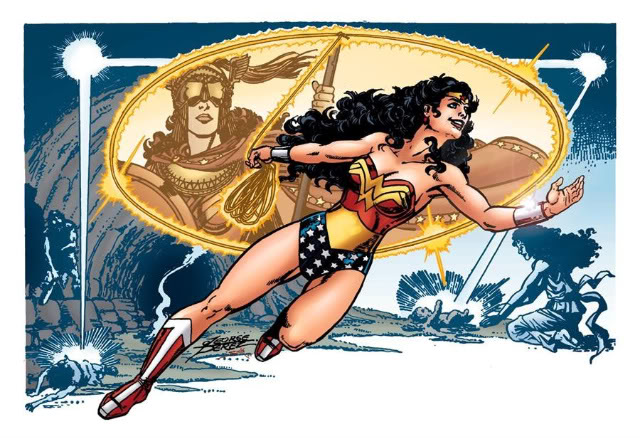Wikipedia As Film
by allancarreon on Oct.26, 2015, under Film & TV
I wanted to like the film Felix Manalo. I really did.
Yes, despite not being a fan of the INC, I am a fan of good films, especially good local ones, given that there has been a dearth of such in the past but where there has been hope in the last few years with the likes of Norte, Heneral Luna, On The Job, Ang Babae Sa Septic Tank, and several others. Moreover, ours is a history and culture rich in subject matters that can be mined to boost the local filmmaking industry and to provide quality entertainment at par with global standards.
And whether we like it or not, Felix Manalo was a man of historical significance for the Philippines. So despite any personal opinions I may have with his doctrines and how his group turned out, I was interested to see a biopic that would give insight into this man both revered and hated by different sections of Filipino society. Besides, the trailer was definitely promising, so I went ahead to see the film.
Let me start off by saying that Felix Manalo had excellent production design and costuming. It was quite a visual treat that managed to provide a level of authencity to multiple decades spanning three colonial powers.
That said, aside from Dennis Trillo, production and costume design were the only good things about this bloated film that was little more than a propagandic history textbook that seemed to takes its storytelling cue from Wikipedia. It was a three-hour non-epic whereas I was hoping for an actual epic.
Scenes moved from one to the other without any true cinematic value or meaty narrative trajectory. It was basically a showcase of, “This happened,” then, “That happened.” There was little character development, even with its own lead character. The approach felt quite aseptic, as though a history teacher were simply lecturing us about events as opposed to a director giving us an actual film to sink our teeth into.
 Most forms of conflict, mostly minor, were resolved haphazardly or glossed over within a sequence or two without any real consequences, all simply to make its hero completely flawless and 100% virtuous. Truth be told, characters without flaw do not make for engaging cinema.
Most forms of conflict, mostly minor, were resolved haphazardly or glossed over within a sequence or two without any real consequences, all simply to make its hero completely flawless and 100% virtuous. Truth be told, characters without flaw do not make for engaging cinema.
It was obvious that Felix Manalo was more intent on being defensive about the legitimacy of its subject and protecting his image rather than telling a good story about a man who was doubtlessly complex and worth better treatment. Surely someone who was of such historical significance deserved to be fleshed out? Everything about the man in this movie were broad strokes with nothing substantial to offer to an unbiased viewer where it could have done so.
For instance, his frequent transfer of religions and denominations could have been an intricate look into the psyche of this man, rife with dramatic twists and turns. Instead, in the clumsy hands of Joel Lamangan, Ka Felix seemed more like a call center hopper, one who frequently jumped ship and resigned to join another call center where the opportunities were seemingly better, until he finally just decided to put up his own call center. Regardless of my personal thoughts about the man, I’m pretty sure he was a much more complicated individual than that.
The one segment where the material could have been elevated – the WW2 sequences – were essentially of little consequence to the movie’s narrative other than it being an era the man lived through. For the most part, Ka Felix just sat through tales being brought to him of the atrocities that the Japanese were committing against members of his church. An attempt at relevance, where he continued preaching despite Japanese guns aimed at him, felt more like an urban legend to mythicize the man as opposed to being an opportunity to finally gain traction for a lackluster tale that had very little conflict or climax.
The sad thing about this film is that it had one of the most underrated actors of his generation headlining it. Dennis Trillo has always been an excellent actor capable of nuance and depth, and here he was saddled with carrying the entire movie all by himself. Despite the literally dozens of well-known local celebrities coming in and out of the frame in cameos, often with little acknowledgment or sense, the entire film revolved fully around Ka Felix, with everyone surrounding him being nothing more than sounding boards to mouth off his lines against. No matter how good Dennis is, that type of expectation was too much of any actor, particularly when about 60% of his lines were Biblical verses he spouted of with quite the zeal and fervor.
 Save perhaps for the always-amazing Mylene Dizon, whose character passed away early on, almost everyone else in the film was a blank slate. And perhaps that was another failing of this movie: the countless celebrities roaming in left and right were largely pointless, ultimately serving as a distraction rather than enhancing the film. More often than not, a number of these roles could have gone to extras or completely removed, and it wouldn’t have mattered. It was star-studded for the sake of being star-studded, and many of them appeared in only one or two scenes, barely speaking and being of little impact to, well, anything.
Save perhaps for the always-amazing Mylene Dizon, whose character passed away early on, almost everyone else in the film was a blank slate. And perhaps that was another failing of this movie: the countless celebrities roaming in left and right were largely pointless, ultimately serving as a distraction rather than enhancing the film. More often than not, a number of these roles could have gone to extras or completely removed, and it wouldn’t have mattered. It was star-studded for the sake of being star-studded, and many of them appeared in only one or two scenes, barely speaking and being of little impact to, well, anything.
As an aside: I’m surprised the INC folks did not react negatively to Ka Felix’s two wives being portrayed by star(let)s with a sexy, uhm, background: Arci Muñoz who headlines Pasion De Amor and Bela Padilla who appeared in a controversial FHM magazine cover.
Speaking of INC folks, I have read a lot of them commenting angrily on negative reviews of this film, blindly defending it and insulting the reviewers who, from what I’ve seen, have largely been panning the filmmaking and not the person or the INC itself. I actually feel sad for these people, simply because I believe that they deserve a better film of their founder than what they got, and they have settled for praising this film simply because it exists. I would like to think that, if they just look at this film more objectively, they would be demanding a better portrayal of the man they call “sugo.”
Felix Manalo could have been a Filipino epic biopic in the league of GMA’s Jose Rizal or the more recent sleeper hit Heneral Luna. Instead, it faltered as it focused more on flash and propaganda rather than substance and character. Perhaps, at some point in the future, a truly good film on Ka Felix will emerge, or better yet, an episodic TV mini-series, which may be a better medium to tackle the complexities of a man who managed to found a religion that has an impact to Filipino society through to today.


















































